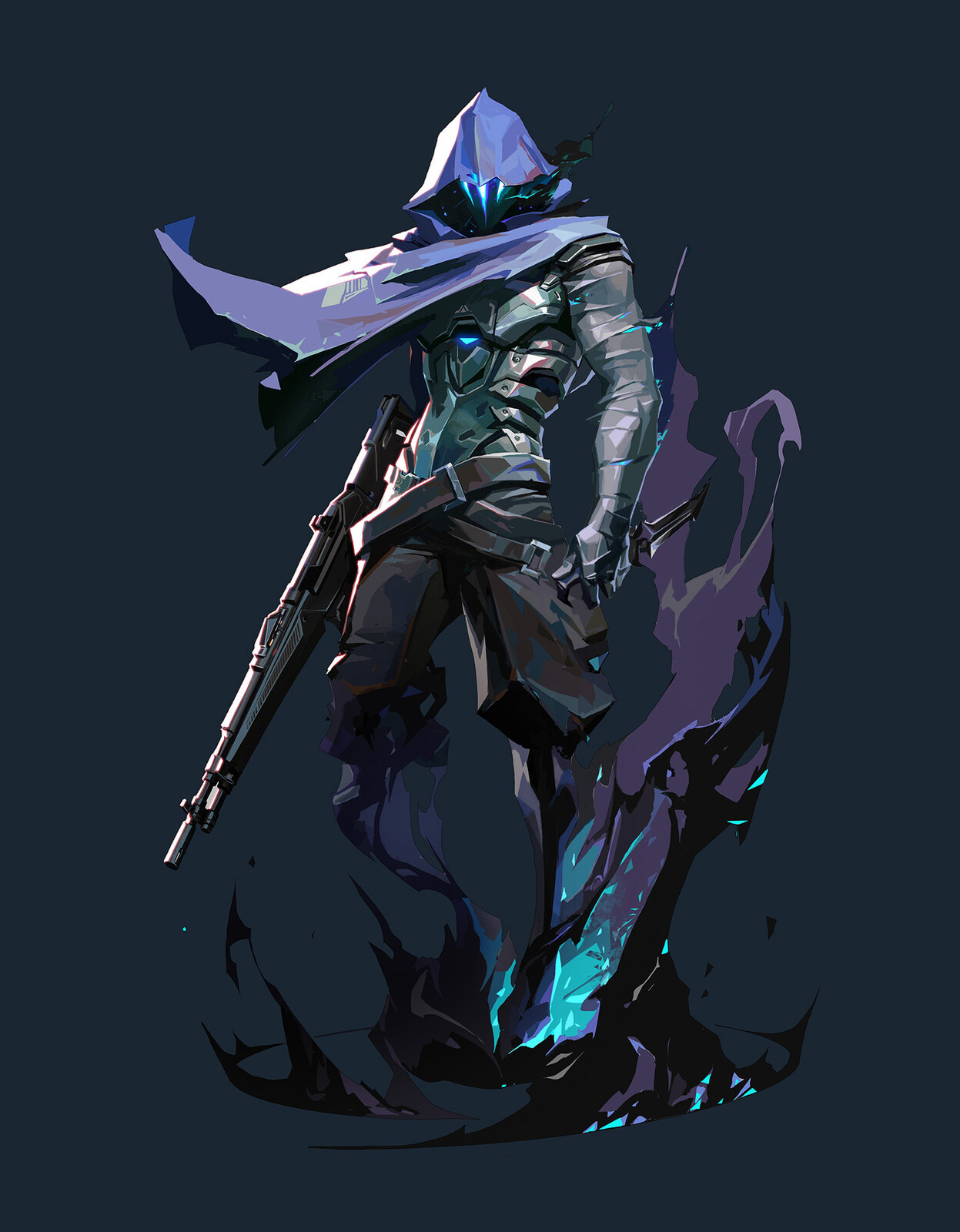
Sci-Fi Books: Explore AI, Humanity, and Censorship
Sci-fi books have the uncanny ability to transport readers to alternate realities where the boundaries of science and imagination blend seamlessly. They challenge our understanding of technology, morality, and humanity, often offering poignant reflections on current societal issues through a futuristic lens. From transforming characters to thought-provoking plots, the best sci-fi novels inspire deep contemplation about artificial intelligence, cultural censorship, and our place in an ever-evolving universe. With a multitude of science fiction recommendations available today, enthusiasts are invited to explore narratives that confront the complexities of AI and humanity. Join the adventure as we delve into fiction books about AI and censorship in literature, showcasing stories that push the limits of possibility and ignite the imagination.
When we think of speculative fiction, titles that interrogate the intersection of advanced technology and human experience come to mind. This genre of storytelling often addresses complex themes such as the ethical boundaries of artificial intelligence and the implications of state-controlled narratives. A wealth of literature exists that explores these facets, inviting readers to reflect on the fragile balance between innovation and morality. As we uncover alternative tales rooted in imaginative worlds, we find insightful works that not only entertain but also provoke critical discussions about our future. Engaging with these narratives allows us to explore profound questions regarding identity and the societal impacts of censorship in a rapidly changing landscape.
Exploring the Intersection of AI and Humanity in Sci-Fi Books
Science fiction literature often explores the complex relationship between artificial intelligence and humanity, prompting readers to question what it means to be human in an increasingly technological world. For instance, in Peter Watts’ ‘Blindsight’, the narrative revolves around augmented humans encountering an alien intelligence that challenges our assumptions about consciousness and awareness. This book serves as a stark reminder that while we strive to create machines resembling human minds, other forms of intelligence may not require the same traits, suggesting that consciousness could be a mere anomaly in the fabric of evolution. The thought-provoking themes presented in such sci-fi books prompt deeper reflections on our ethical responsibilities towards AI and the potential futures we are crafting.
Further emphasizing the duality of AI’s role in our lives, novels like ‘A Rover’s Story’ by Jasmine Warga delve into the emotional landscapes intertwined with robotics and artificial beings. Through the narrative of a Mars rover named Res, readers explore how human emotions can be reflected and complicated in interactions with machines. The book challenges the notion of companionship in an age where AI becomes prevalent, making us ponder whether our connections with machines can foster meaningful relationships or ultimately fall short of genuine human connection. Such themes encapsulated within these sci-fi works provide essential commentary on the evolving nature of relationships as technology advances.
Censorship in Literature: Lessons from Sci-Fi Novels
Censorship remains a pervasive topic in literature, as seen in works like Ray Bradbury’s classic ‘Fahrenheit 451’, which highlights the dangers of erasing knowledge through state-sponsored censorship. In this dystopian narrative, books are outlawed, and society is inundated with shallow entertainment designed to pacify its citizens, leading to a loss of critical thinking and curiosity. Bradbury’s portrayal of a world where information is controlled serves as a powerful reminder of the importance of intellectual freedom. As we navigate the modern digital landscape, where algorithmic recommendations can shape our perceptions and access to information, Bradbury’s work resonates even more, urging us to remain vigilant against the dangers of passive consumption.
Similarly, Han Song’s ‘Exorcism’ exposes the dark undercurrents of censorship within the context of its narrative. Despite being silenced by the authoritarian regime, Song’s work tackles complex themes ranging from personal trauma to systemic control, illustrating how oppressed voices can still convey profound truths about society. The characters aboard the Peace Ark, governed by a glitching AI, reflect the struggle against a manipulative reality enforced by those in power. The novel acts as a critical lens through which we can examine our own societal narratives, encouraging a questioning attitude that resists the distortive influences of censorship and oppression in literature.
Best Sci-Fi Novels That Challenge Our Understanding of Technology
The landscape of science fiction is rich with novels that not only entertain but also challenge our understanding of technology and its impact on society. Classics like ‘Solaris’ by Stanislaw Lem beautifully integrate philosophical dilemmas with gripping narrative, as a team of scientists grapples with the sentience of an alien ocean. By placing characters in situations where their unyielding quest for knowledge leads to encounters with incomprehensible intelligence, Lem’s work invites readers to embrace the limits of understanding, questioning our assumptions about communication and consciousness. Such explorations in sci-fi novels enrich our discourse about human capabilities and the evolving nature of intelligence beyond Earth.
Moreover, contemporary works continue to push boundaries, with stories like ‘A Rover’s Story’ by Jasmine Warga weaving together themes of emotion and technology through the lens of a young audience. This middle-grade novel encourages younger readers to ponder the anthropomorphic traits of AI and robots while exploring the intricacies of friendship and emotional connection across both human and machine interactions. Such narratives engage readers’ imaginations, inviting them to envision futures where technology and humanity coexist, ultimately enriching the genre’s tapestry with varied perspectives on what the future might hold. The best sci-fi novels serve as both mirrors and windows, reflecting our current dilemmas while providing glimpses into potential paths ahead.
Navigating Ethical Boundaries in AI Through Sci-Fi Literature
As technology progresses, navigating ethical boundaries becomes increasingly crucial, a subject adeptly explored within sci-fi literature. Books such as ‘Exorcism’ by Han Song confront the ramifications of AI’s growing influence over human lives, questioning the moral implications of relinquishing control to machines. The narrative’s AI, Siming, complicates the relationship between authority and autonomy, illustrating the potential dangers of depending on intelligent entities that may override human judgment. Through this lens, readers are prompted to reflect on the ethical responsibilities that come with the advancement of AI and how those decisions impact societal well-being.
Additionally, discussions about AI ethics are paramount in contemporary debates, as reflected by Jeff Saviano’s recommendation of ‘Fahrenheit 451’. The book serves as a powerful allegory for understanding the consequences of unchecked information control and the ethical responsibilities of those who create and maintain AI-driven systems. As technology evolves to curate our experiences and influence access to knowledge, Bradbury’s narrative insists that acknowledging ethical boundaries is integral to safeguarding our intellectual freedoms. Literature acts as a meaningful vehicle for these ethical considerations, enabling us to explore the tension between innovation and moral responsibility.
The Role of Emotion in Science Fiction Narratives
Emotion plays a profound role in shaping the narratives found in science fiction, as evidenced in works like ‘A Rover’s Story’ by Jasmine Warga. This middle-grade novel highlights the emotional journey of a Mars rover, encouraging readers, particularly children, to engage with themes of friendship and connection with machines. The poignant moments shared between Res, the rover, and the humans around him raise essential questions about what constitutes emotional intelligence. It shows that even non-human entities can elicit deep feelings, resulting in discussions about what it means to be human in an increasingly mechanical world.
Additionally, novels such as ‘Solaris’ emphasize the profound impact of emotional ties on human understanding and relationships. As the crew confronts ghosts from their pasts, the story encapsulates the struggle between scientific exploration and the haunting memories that linger, showcasing how emotions can shape our response to the unknown. Such narratives remind readers that while science fiction often explores technological boundaries, the human experience—filled with complex emotions—is central to the genre. This interplay between emotion and technology invites deeper reflection on the pathways of our future interactions with AI and what it means for our emotional landscapes.
Science Fiction Recommendations for Thoughtful Readers
For those seeking to delve into the world of science fiction, numerous recommendations from notable thinkers can provide insight into critical contemporary issues. Notable works such as ‘Blindsight’ by Peter Watts and ‘Fahrenheit 451’ by Ray Bradbury are frequently highlighted for their incisive commentary on AI, consciousness, and censorship. These novels are not only thrilling reads but also serve as cautionary tales about the future implications of technological advancements. With their ability to provoke thought and discussion, these sci-fi tales cater to readers eager to explore the moral and ethical dilemmas that arise in a technologically driven society.
In addition, exploring varied perspectives in science fiction can unveil a plethora of experiences and themes. Books like ‘Exorcism’ by Han Song and ‘A Rover’s Story’ enrich the landscape by addressing cultural and emotional narratives within their plots. Each recommendation provides a unique lens to examine technological impacts and ethical considerations, ensuring that readers encounter a diverse range of ideas. These recommendations guide thoughtful readers to navigate complex societal themes reflected in science fiction, ultimately enhancing their understanding of modern challenges.
Understanding the Function of Sci-Fi as Social Commentary
Science fiction has long served as a powerful medium for social commentary, allowing authors to explore contemporary issues through speculative narratives. This genre uniquely blends imaginative scenarios with profound reflections on society, making it a potent vehicle for critiquing technological advancements, cultural norms, and political landscapes. Works like ‘Fahrenheit 451’ exemplify how dystopian worlds can mirror real-life concerns about censorship and the power dynamics at play in information dissemination, prompting readers to question their own roles within society. Sci-fi does not simply entertain; it engages readers in critical thinking about their realities.
Similarly, novels such as ‘Exorcism’ by Han Song push boundaries by addressing themes of existential dread and the consequences of governmental control over narrative. The blending of personal struggle with broader social issues reflects how literature can serve as an instrument for addressing pressing concerns about autonomy, ethics, and the nature of reality. By presenting these complex topics within immersive storytelling, sci-fi authors encourage audiences to confront uncomfortable truths and engage actively with the world around them, reaffirming the genre’s role as a catalyst for change and awareness.
The Continued Relevance of Classic Sci-Fi in Today’s World
As we immerse ourselves in technological advancements, classic science fiction works remain timeless and relevant, continually provoking thought and discussion. Ray Bradbury’s ‘Fahrenheit 451’ serves not only as a reflection of its time but also as a harrowing reminder of the potential dangers of unchecked censorship in our current digital age. The struggle for intellectual freedom depicted in Bradbury’s narrative resonates with today’s challenges surrounding information access, highlights the urgent need to advocate for critical thinking, and insists on the importance of literature in an era dominated by algorithms and distractions. The messages embedded in these classics inspire readers to uphold their agency in the face of societal pressures.
Furthermore, the profound themes present in novels like ‘Solaris’ and ‘Blindsight’ continue to inspire contemporary discussions about AI and consciousness. These works encourage exploration into the ethics surrounding artificial intelligence, the nature of consciousness, and mankind’s quest for understanding the unknown. By blending vivid imagined realities with philosophical inquiries, these classics remain essential reading for those eager to navigate the complexities of modern technology and its implications for humanity. Bridging the past with the present, these renowned works underscore the significance of literature in fostering awareness and shaping discourse about our collective future.
Frequently Asked Questions
What are some top science fiction recommendations for exploring AI and humanity?
If you’re interested in the intersection of AI and humanity, some top science fiction recommendations include “Blindsight” by Peter Watts, which questions the nature of consciousness, and “A Rover’s Story” by Jasmine Warga, which explores emotional connections between humans and AI through the perspective of a Mars rover.
Which are the best sci-fi novels that tackle themes of censorship in literature?
For those interested in censorship in literature, Ray Bradbury’s classic “Fahrenheit 451” serves as a powerful reminder of the dangers of information suppression. Similarly, Han Song’s “Exorcism” provides a critical view of narrative control under oppressive regimes, making both novels essential reads for understanding the implications of censorship.
Can you suggest fiction books about AI that reflect on ethical dilemmas?
Fiction books about AI that delve into ethical dilemmas include “Fahrenheit 451” by Ray Bradbury, which highlights the ethical implications of suppressing knowledge and critical thought through technology, and “Blindsight” by Peter Watts, which poses profound questions about consciousness and human identity in the face of advanced artificial intelligence.
What makes ‘Fahrenheit 451’ a significant read in discussions about AI and literature?
“Fahrenheit 451” is significant in discussions about AI and literature because it warns about the potential consequences of censorship and the manipulation of information. Ray Bradbury’s depiction of a society pacified by mindless entertainment resonates particularly in today’s AI-driven world, where digital engagement can overshadow deeper understanding and critical thinking.
Are there any science fiction books that explore the relationship between AI and emotional human experiences?
Yes, “A Rover’s Story” by Jasmine Warga is a great science fiction book that explores the relationship between AI and emotional human experiences. It tells the story of a Mars rover, Res, which, despite being a machine, engages in a deep emotional connection with humans, prompting discussions about friendship and the essence of being human as AI evolves.
What sci-fi novels feature AI and question the nature of consciousness?
“Blindsight” by Peter Watts is a prominent sci-fi novel that features AI and questions the nature of consciousness by depicting a crew of augmented humans encountering alien intelligence that may lack self-awareness, challenging readers to rethink the essence of human intelligence and consciousness itself.
| Title | Author | Key Themes | Recommended By |
|---|---|---|---|
| Blindsight | Peter Watts | Exploration of AI consciousness and humanity’s place in the universe | Karen Brennan (Harvard) |
| Solaris | Stanislaw Lem | Encounters with unknown intelligence and themes of humility | Theo Anthony (Radcliffe Institute) |
| A Rover’s Story | Jasmine Warga | Human connection through AI and the importance of emotional relationships | Amy Deschenes (Harvard Library) |
| Exorcism | Han Song | Censorship, cultural narratives, and the human experience amid chaos | Ursula Friedman (Harvard) |
| Fahrenheit 451 | Ray Bradbury | Censorship, power over information, and the dangers of passive consumption | Jeff Saviano (Edmond & Lily Safra Center for Ethics) |
Summary
Sci-fi books have the unique ability to reflect societal fears and technological advancements. The recommendations from Harvard faculty highlight various aspects of the genre, from the implications of AI in ‘Blindsight’ to the exploration of human connections in ‘A Rover’s Story’. These narratives not only challenge our understanding of technology but also serve as poignant commentaries on humanity’s future. They remind us that as we delve deeper into the realms of artificial intelligence and censorship, literature will continue to provide critical insight and warnings, shaping our perspective on the world.


